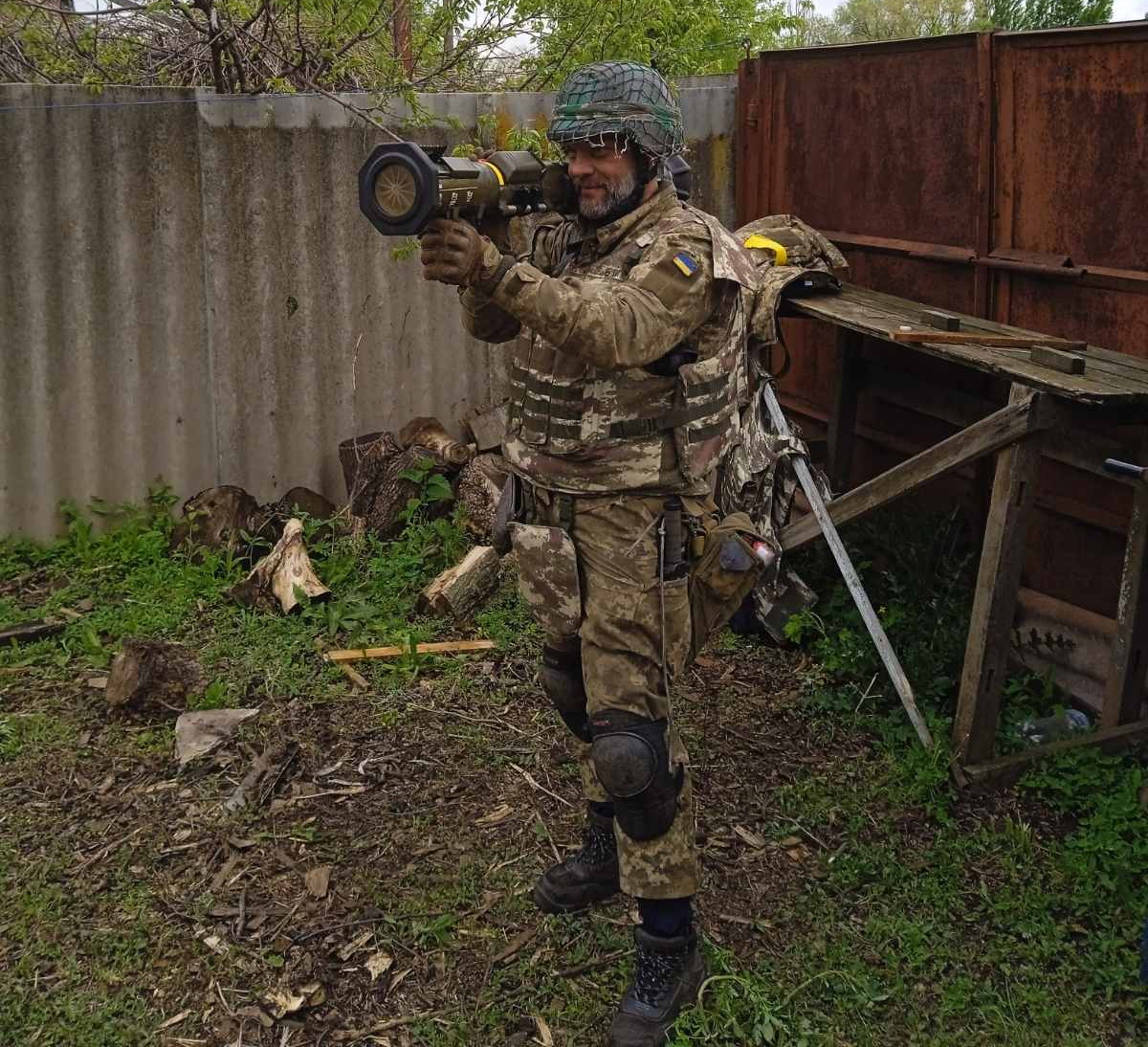Maksym Kucherov, 47, a Ukrainian defender, spent more than a year on the battlefield, fighting for the independence and freedom of his homeland. Maksym’s life took an unexpected turn when the Russian war against Ukraine shattered the tranquility he enjoyed with his family in Kharkiv. His story shared with Euromaidan Press offers a glimpse into his personal struggles and triumphs amid the Russian invasion.
Family man
Imagine a married person who has two children living in an apartment that requires systematic renovations. Before the war, my whole life revolved around my family and solving everyday issues. I worked hard to fulfill the children’s needs so they would always have everything they needed, including sweets and expensive, high-quality toys. As someone who studied history and explored different opinions, the world of politics felt far away from me. Therefore, when asked, ‘What if a war starts?’ I would respond, ‘If it starts – we’ll see…’ I lived my life, finding joy in my family, and satisfaction in my job, and I was content with the rhythm of my daily routine.
On 24 February, I woke up early and prepared to go to work. However, it became evident that the war had begun as the city came under attack. My job wasn’t officially canceled, so I headed to my workplace despite the strikes. On my way, I witnessed people hastily leaving the city and the streets crowded with cars. Upon reaching the Svitlo Shakhtaria factory, where I worked as an electrician for mining equipment, I was told that it was closed. ‘Please proceed to a bomb shelter,’ I heard. I returned home and assembled an emergency bag for my wife and children. Since that day, I have never worked as an electrician again.
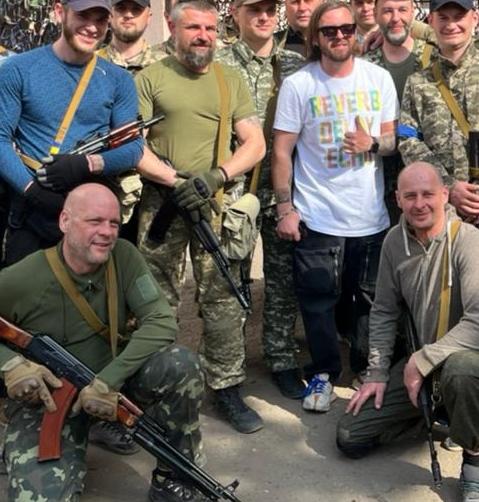
“In times of war, there is no safe shelter”
I didn’t experience strong negative emotions when the war started because I had expected such a turn of events. I believed that Russia and Ukraine would establish a demarcation line within three days, and a long-lasting war like the one in Donbas would begin. However, reality proved to be different. All institutions ceased operations. We realized that our timing for making home purchases had been unfortunate.
Furthermore, we discovered that card payments were no longer accepted in stores. My wife and I had to go shopping amidst shelling and stood in long queues to enter supermarkets. We had to take our kids with us because it was dangerous to leave them at home alone.
Once, a Russian sabotage-reconnaissance group stormed Kharkiv, and fighting began just 500 meters away from us. My wife was constantly in tears. We slept in cold basements to try to calm ourselves down. I knew the walls offered little protection against a direct strike. A few days later, after a cluster bomb targeted Kharkiv, my wife suggested that we should flee the city. While we were escaping, the enemy’s planes continued bombarding us.
In desperation, I shielded my children behind the iron wheels of a nearby train at a railway station. All residents of Kharkiv bore witness to the terror unleashed by Russia. In times of war, there is no safe shelter. It was a moment when I started boiling with rage. They broke my plans, took away my favorite job, tore apart my family, and destroyed my future and health.
Simple joys
We arrived in Lviv on a crowded train, packed tightly with hundreds of people. Later, we reached Chop (a city in western Ukraine that borders Slovakia and Hungary), where our family decided to seek shelter in Germany.
With a heavy heart, I said goodbye to my wife and children and headed to the nearest military recruitment office. The number of volunteers was overwhelming. I had to wait for nine hours to submit my documents.
Because of my background as a former athlete, who had undergone training in military sports camps, I was well aware of the challenges that awaited me on the battlefield.
I found myself in a unit that included entrepreneurs, government advisors, bankers, and even celebrities like Nazar Grabar, a famous model. After 1.5 months of training, we were ordered to take up positions between the Luhansk and Donetsk oblasts.
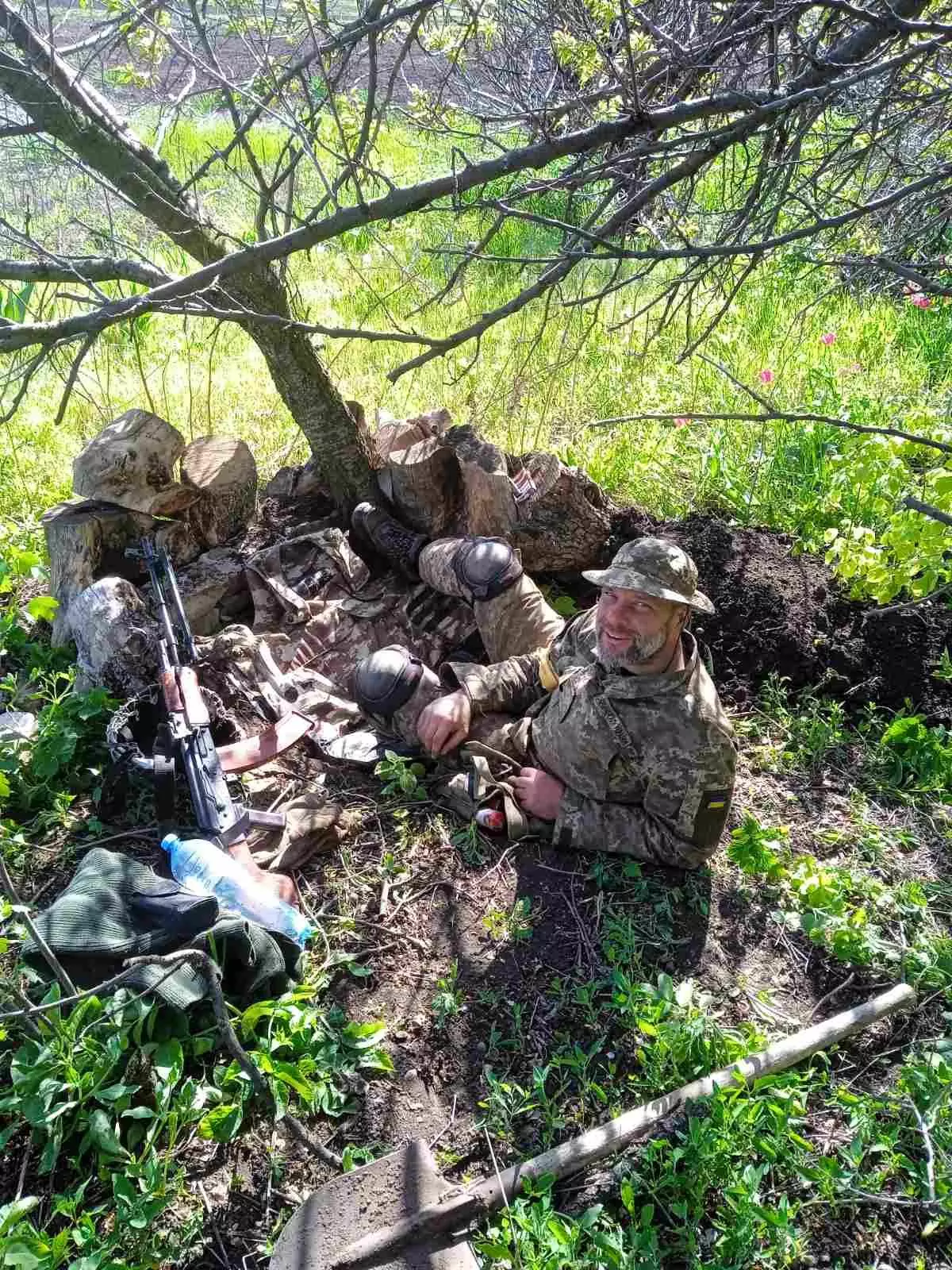
War changes people instantly. Let me give you an example of how it breaks people. Every military unit has instructors responsible for providing training to soldiers. Our instructor, known as Leshii, was highly respected in Uzhhorod and among his comrades.
He had exceptional skills and could hit targets with pinpoint precision. Leshii had completed military training and taught us in accordance with NATO standards. We were stationed in the city of Kostiantynivka in Donetsk Oblast, when an order came to redeploy to Popasna.
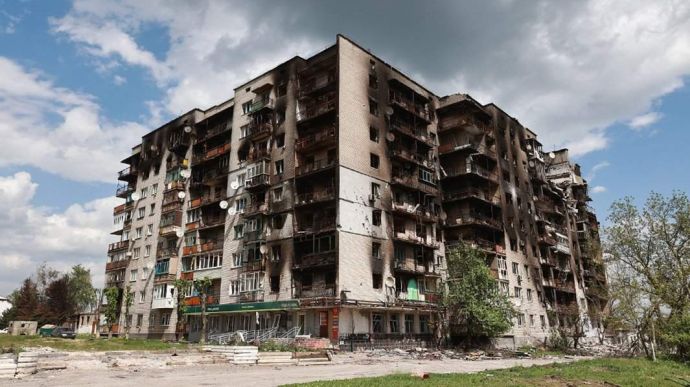
“As we were approaching the city, my comrades found out that Leshii died after a landmine exploded on his pathway. We didn’t even reach our positions yet and the best among us has already passed. For some people, Leshii was a friend, for others he was a shining example of leading with courage. Can you imagine what was going on inside the heads of soldiers heading to their positions? War is no romance.
I served as a machine gunner in Popasna in a relatively safe area. My mission was to control two roads from my position, which we called a ‘Nest.’ We had to be careful and not expose ourselves to snipers that could have shot us.
During the operations, I sustained leg injuries. After receiving prosthetic implants, I managed to recover and returned to the battlefield. In addition, due to the stress, I developed diabetes. I can’t take part in combat missions anymore. If I could recover, I would continue fighting for ordinary Ukrainians, for their simple daily life joys like spending time with their children or having a pleasant walk in a park.
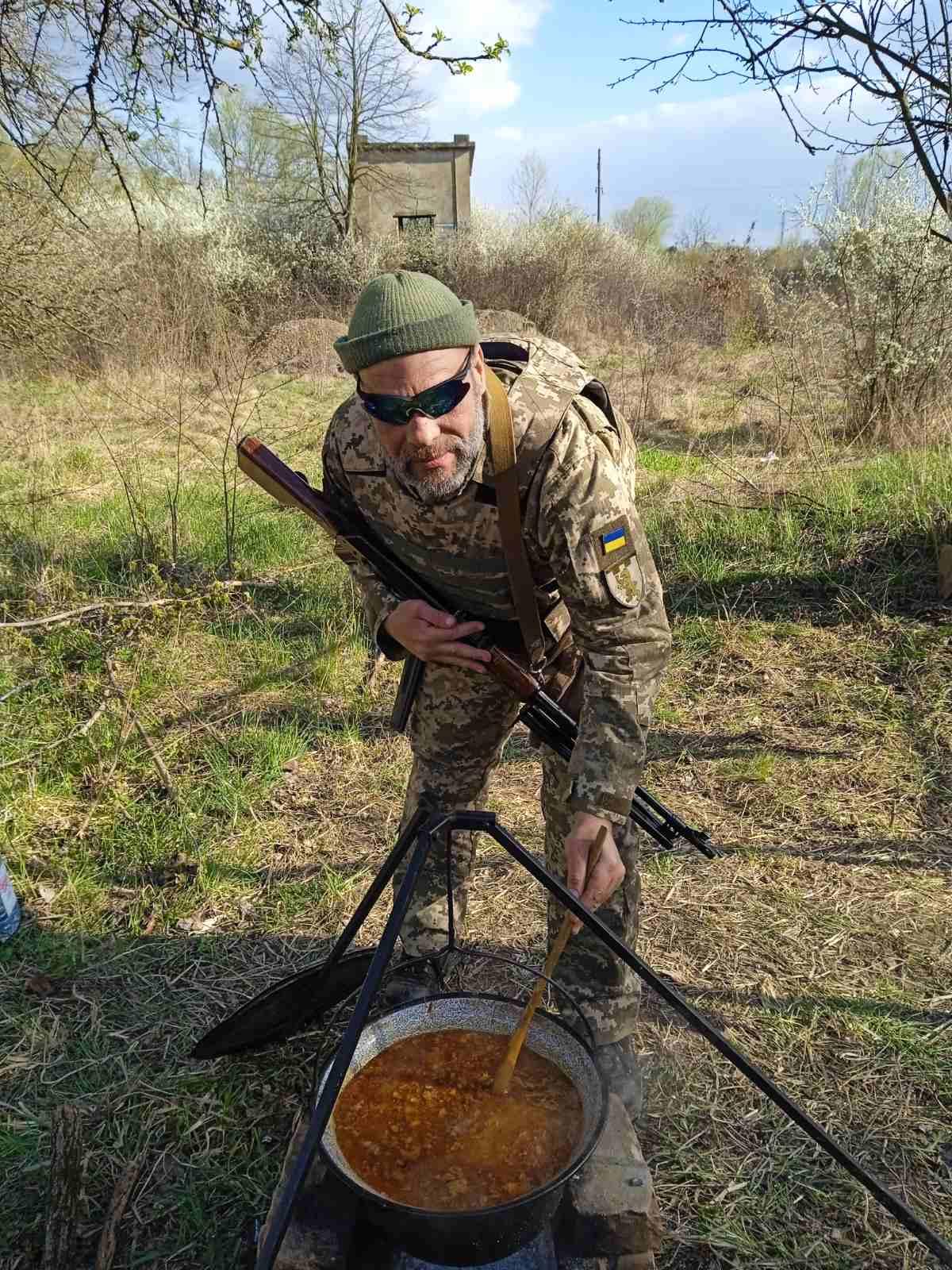
Future plans
After the beginning of the war, I could have joined the employees of the Svitlo Shakhtaria factory, who were relocated to another city, Pavlohrad as a valuable team member. But I would have carried the burden of shame for the rest of my life, avoiding my reflection in the mirror.
The duty of a real man is to defend his home, to stand as a guardian. When I look into the future, I see challenges related to my health issues. Most of my skills are suitable for physical work, but the leg injuries now require me to use a walking stick. Finding employment in a company seems uncertain to me in my circumstances. However, there may be prospects for starting my own business.
Related:
- “We joke that if a leg is amputated below the knee it doesn’t count.” Soldiers get advanced prosthetics in Ukraine
- None of them wanted this life: the fury, silence, and “beauty” of war as recounted by Ukrainian soldiers
- “It’s so scary here. And it smells of death.” A day in the life of a Ukrainian soldier
- Three reasons to be optimistic about Ukraine’s coming counteroffensive on Russia
- One year after Mariupol fell, families share last words of fallen defenders from Azovstal fortress




